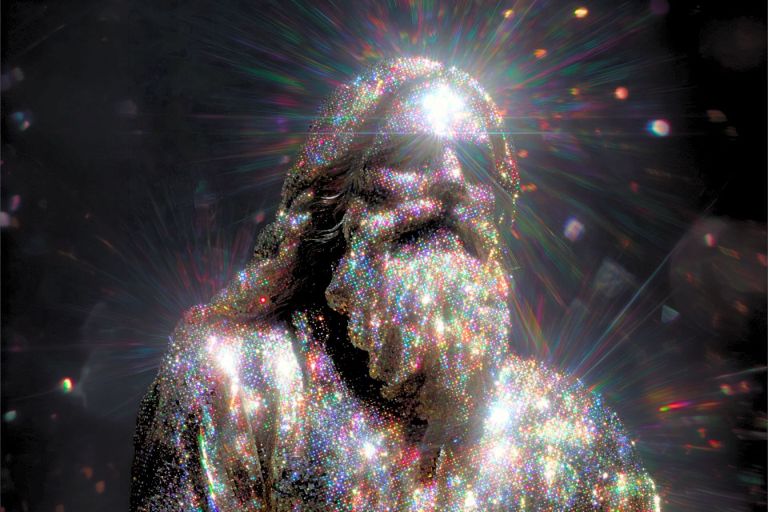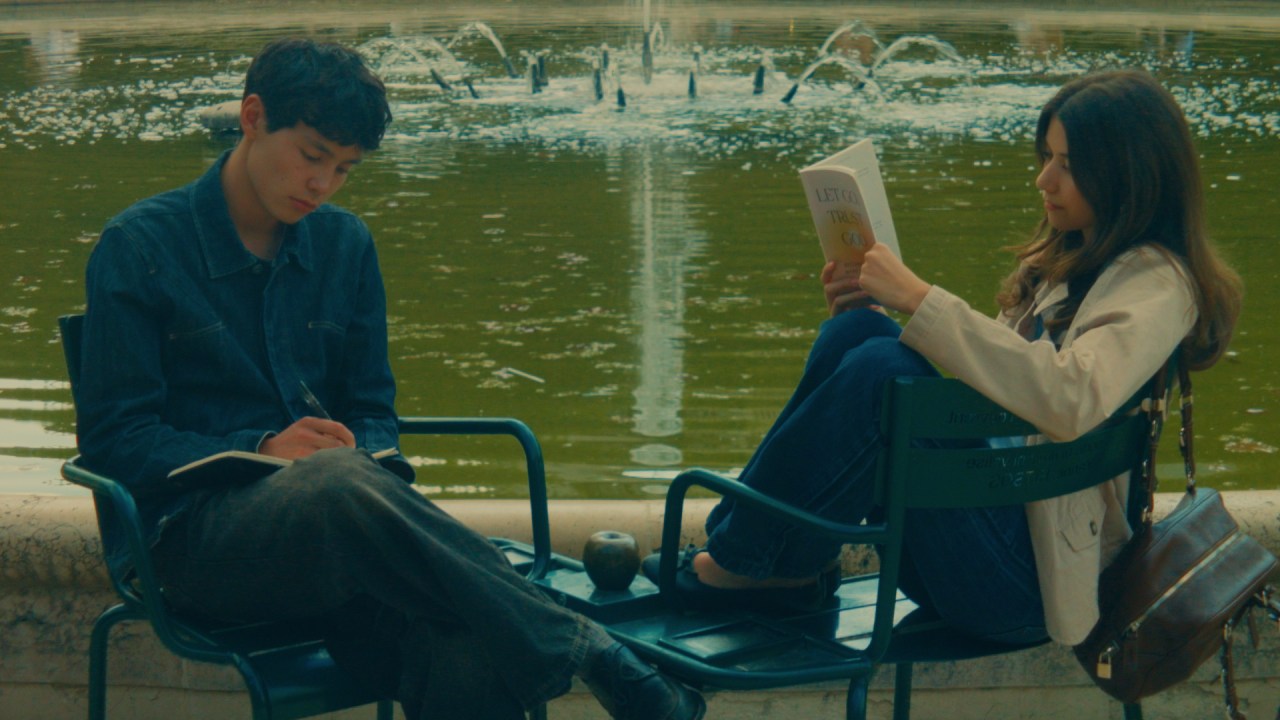
This Is Why God Allowed Them To Break Your Heart
You hated God, and you finally declared it. In the weeks after your heart shattered, you hated Him with a fury you didn’t know you were capable of. The type that makes you feel guilty, shameful, sinful. The depth of resentment that you can never tell someone else that you once felt.
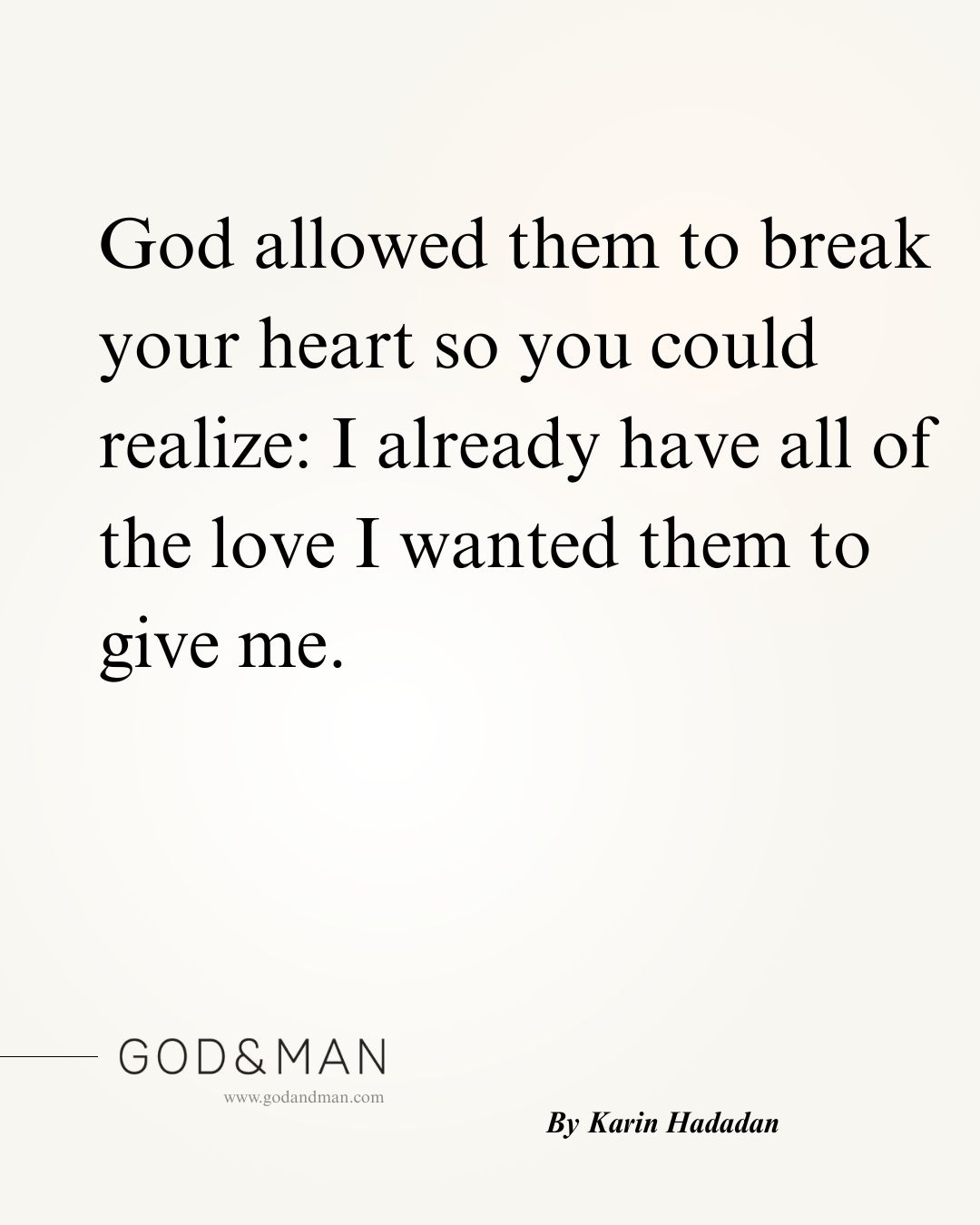
‘Why did you strip them from me? Why would you bring them into my life just to rip them away? What did I do to deserve this? I’ve been good. I’ve been obedient. I’ve remained in faith. I’ve trusted your timing. I’ve trusted YOU. I just wanted to be held, to be loved. Why, God? Why?’
Yet beneath the rage, another voice quietly asks: ‘How can I hate the One who has given me everything?’
You scream it. You sob it. You talk to everyone about it. You write it in your journal until your hand cramps. Trying to make sense of what refuses to make sense.
You ask for the truth. You ask for clarity. You ask for understanding.
And God says nothing.
The days feel heavier. Your heart feels numb. There’s no aliveness in any moment. You stare at your wall, you avoid your own reflection, you lay in a fetal position.
The silence feels like abandonment. Like confirmation that you were wrong to trust, wrong to hope, wrong to believe this person was sent by Him.
But perhaps, you are wrong about all of it.
Not about them being sent by God—you are right about that.
You are wrong about why.
They weren’t sent to offer you anything. They weren’t brought into your life to remain. They were sent to awaken something.
In the weeks that follow, stripped of their presence, forced to sit with only yourself, God asks you the questions you have been avoiding your entire life:
Can your own soul be enough?
Can you be your own best friend?
Can you be all that you need?
Can I?
Every cell in your body screams no. Because if the answer was yes, then what was the point of any of it? The laughs, the joy, the kisses, the hugs, the eye contact, the memories, the playfulness, the vulnerability. The prayers for a soulmate, the healing work, the raised standards—all of it feels meaningless if you were just supposed to be alone with yourself.
But that’s not what God is asking.
He isn’t asking if you should be alone.
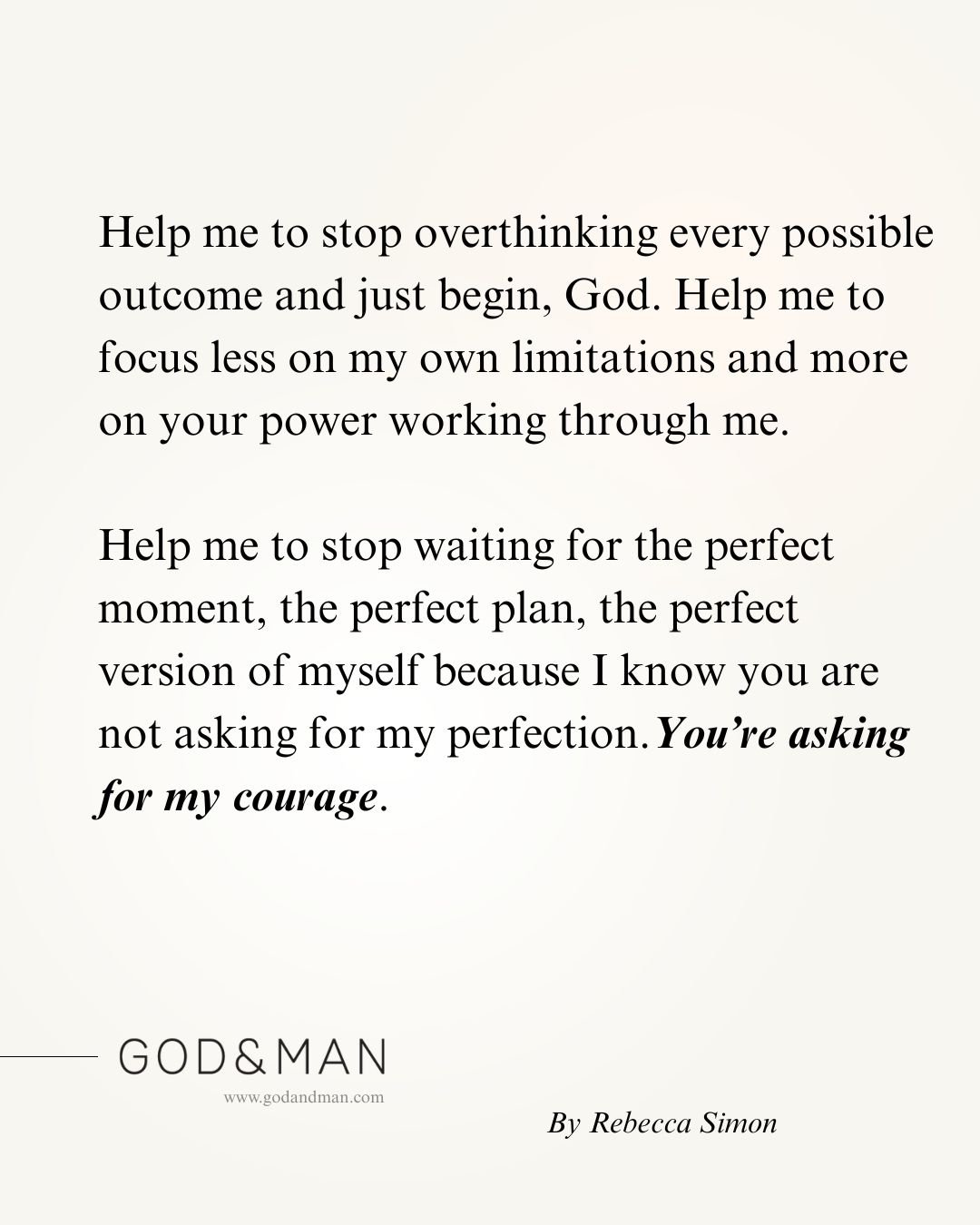
He is asking if you can stand in your own love—so that when the right person arrives, you won’t collapse into them. You won’t need them to complete you. You won’t lose your essence. You won’t shrink yourself. You won’t doubt who you are. You won’t give them the impossible job of filling a void only you can fill.
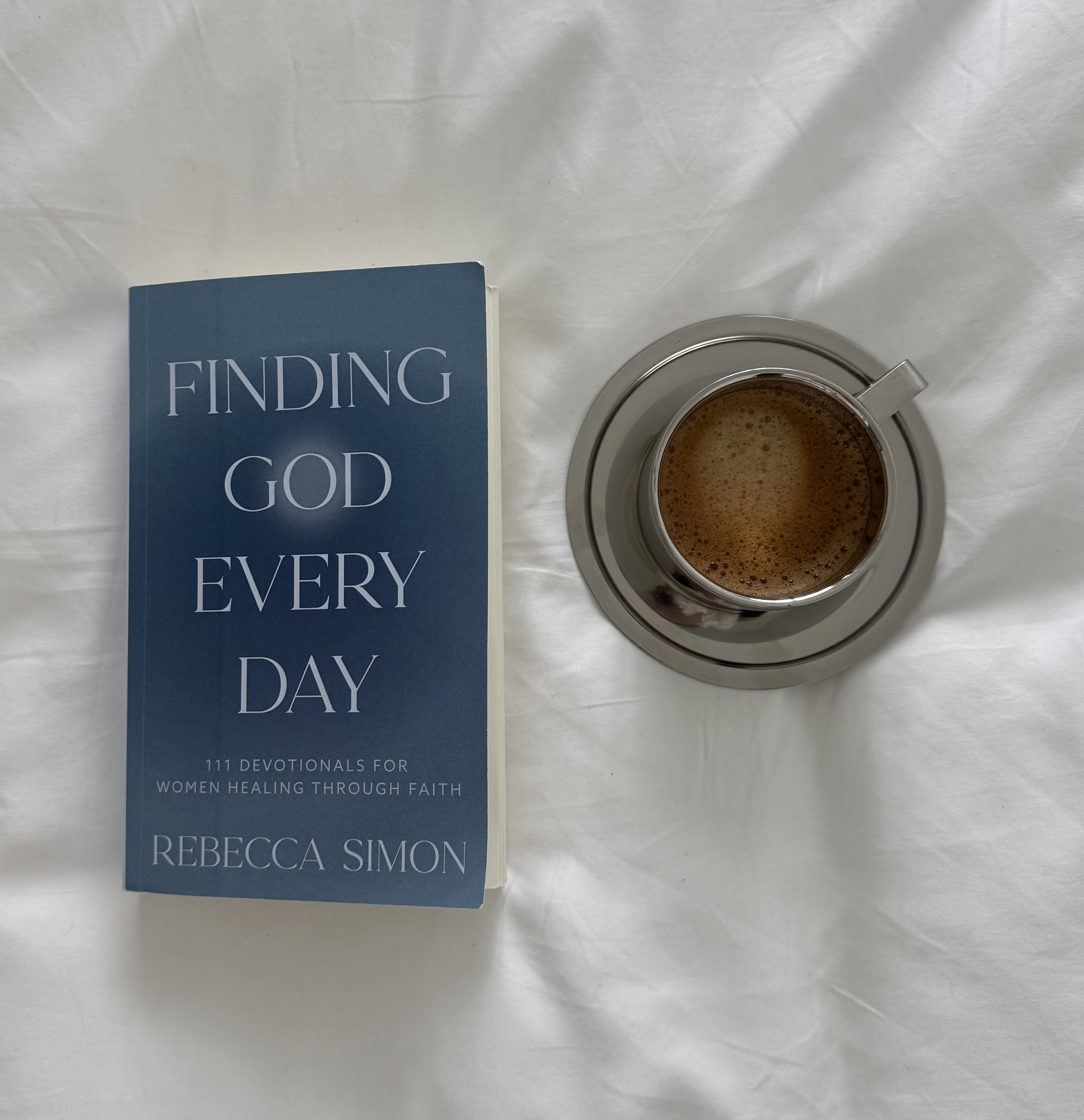
Heartbreak isn’t a punishment.
It is an excavation—releasing every limiting belief, every false identity, every piece of armor that an older version of you built just to survive. It is the stage where the armor finally comes off.
Because here’s what you discover in the ruins:
The love you thought you lost was never theirs to give.
It was always yours.
The love you felt was your own reflected back. The light you saw in them was your own shining back. The safety you felt was your own energy mirroring back.
Every ounce of love you wanted from them—the adoration, the safety, the feeling of being chosen, the need to be seen, the certainty that you were enough—you already had access to. Not in theory. Not as a spiritual concept. But as a living, breathing reality inside your own soul.
God allowed them to break your heart so you could realize: I already have all of the love I wanted them to give me.
And once you remember that? Once you stop searching outside yourself for what was always within? Everything changes.
Not because you stopped wanting love.
But because you stopped needing it to feel whole.
The deeper your heart breaks for someone else, the deeper you feel unconditional self-love.
That’s why God allowed it. Not to punish you. Not because you did something wrong. Not because you’re too much, not enough, not worthy.
But because your soul was ready to remember: You can want someone. But you do not need anyone to feel loved, whole, or at peace.
I am all that you will ever need.
That is the gift on the other side of the shattering. You are what remains in the ruins.
And from that place, you finally have the courage to pick up the pieces, admire each one, and glue them back together with your own hands–hands made of love. Something that no one else can do so tenderly, so delicately, so unconditionally.
You become the guardian and the giver, the lover and the beloved, the observer and the observed, the light recognizing itself in infinite forms. Not for a season, not for a chapter, but for the rest of your life.
And when you have that? You stop asking God why He took them away and start thanking Him for what He gave you instead–yourself.
